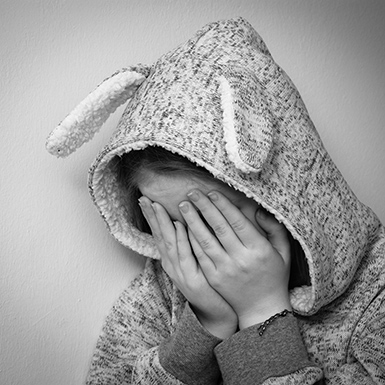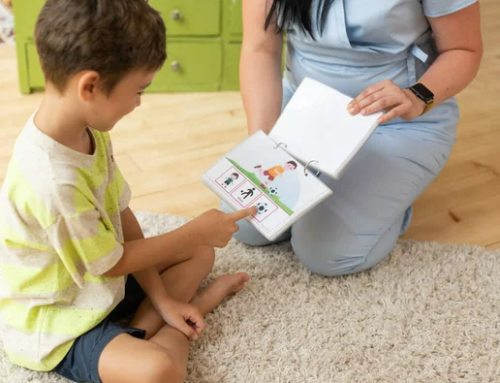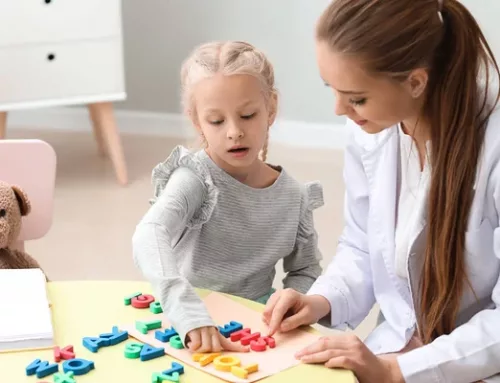Research has found that one in four (27%) Australian students reported being bullied (Cross et al., 2009). When parents find out that, or suspect that their child is being bullied, they are right to be concerned. But what to do next can be confusing – should they approach the parents of the other child? Should they talk to the school? Should they let their child deal with it?
Here are 5 Practical Steps to approach bullying.
1. STOP! Don’t be reactive.
Understandably your first instinct upon hearing you child is being teased or bullied might be anger and wanting to step in, ensuring the other child is being reprimanded and go full ‘parent-to-the-rescue’. The important thing to do is stop and ask yourself – What does this do for my child now? What does it do for them in the future? If your child is talking to you about bullying, this is good news, often children don’t tell people about being bullied as they might feel ashamed or worried what their parents might do. If your child approaches a parent with a problem, its important that you stop and listen. The key is to ensure you make your best efforts to remain calm and approachable; becoming emotional in front of your child may reduce the likelihood of them opening up to you in the future.
2. Listen and gather information
Listen to your child. Listen with empathy and care, express concern for them and their circumstances. If this is the first time, they are talking about an experience of bullying they may not want you to do anything about it (yet), they very likely just want to talk it through with you. Letting them express themselves and their experience fully and saying things that they wouldn’t usually be allowed to say helps take the shame out of the experience of being bullied.

Don’t jump to conclusions or make assumptions, remain calm and curious. Ask specific questions about who was involved, where it happened and other specific details while also reassuring your child that this is so you can help find the best solution rather than to get people in trouble or get even.
It is important that you endeavour to see the whole picture and try to remain objective. It is important to be your child’s advocate but also accept the possibility that your child may have a role in provoking or escalating the bullying, or even may be perceiving the interaction incorrectly. Saying things like “Its not your fault when someone hurts you or your feelings, but let’s have a think if there are other ways, we could handle this problem”.
Its also important to look at if the incident is children fooling around attempting to be friendly or if it is intentional bullying behaviour.
- Fooling around: help your child learn to laugh along or be honest that these jokes hurt them, and they want them to stop
- Intentional bullying behaviour: need to help your child work out a different way of reacting so they can take control of the bully’s game
3. Skills for your child:
Tips for bullying situations at school:
- Avoid areas of the school which bullying won’t be detected by teachers
- Stay close to friendly students or teachers
- If its verbal or social bullying – be brave, tell them to stop and walk away.Talk to an adult at school or home who can help stop the bullying
- Keep asking for support until the bullying stops
Skills to practice at home for use at school (if they feel safe to do so):
- Talk about the teases until they don’t hurt anymore, make jokes out of the teases until they lose their power.
- Practice not reacting emotionally (crying, becoming angry) as this is what bullies are aiming for. Developing some ‘cool down’ strategies to use at school such as counting to 10, taking deep breaths etc until they can walk away and express themselves safely elsewhere.
- Develop clever responses to teases. Not to encourage your child to be nasty back but rather diffuse the situation and show the bully that what they say doesn’t hurt. Rather than not responding or simply saying “no I’m not” to the taunt “you’re a pig” responses such as “Gosh, I was aiming for an elephant this week, I’ll have to keep trying” is going to confuse the bully long enough to have time to walk away.
Be sure to practice new responses at home before they are used with the bully at school.
Things to avoid:
- Fighting back
- Bullying the person who has bullied them
- Staying silent about the problem.
4. Involve the school
As awareness of bullying in schools is growing, most schools have internal policies and processes for addressing bullying.
- Notify the school if the bullying is in anyway physical or if changing the way your child responds is not having an impact within a short period.
- Allow the school time to enact their bullying policy or protocol.
- Ask when you should check back with the school – and be sure to check back at this time.
- Be persistent with the school to ensure the bullying is being addressed, but never accuse them of being incompetent or uncaring – this does not help your child’s situation and they are far more likely to respond positively to parents who are approaching them in a calm and respectful way.
5. Extra support for you & your child
Being subjected to cruel behaviours can be deeply upsetting. So, it is important to consider getting help for your child and for yourself to deal with these feelings.
Parents can often find it difficult to deal with feelings that come with your child’s experience of being bullied e.g. memories of your own past, guilt for not preventing the problem, feelings of aggression or powerlessness.
Children can also develop issues with self esteem or low mood as a result of bullying. It is important to consider seeking support from therapists or other supports separate to the immediate family to help during this time.
Someone else to talk to
If you want to talk to someone else about what’s happening, you can contact:
- Kids Helpline provides free, private and confidential, telephone and online counselling service specifically for young people aged between 5 and 25 and helpful information about relationship topics.
- ReachOut.com provides an online youth mental health service and information, stories and a support network of other young people who have been through tough personal situations.
- eheadspace also offers online chat or email support services for young people aged 12–25, as well as their family and friends. You can call them on 1800 650 890. its a free call. The eheadspace team are available between 9am – 1am (AEDT) 7 days a week.
- Parentline – Talking to a Parentline counsellor can help you navigate difficult parenting dilemmas. You don’t have to be in crisis to reach out for help.
Want to learn more
These sites have some fantastic information:

Sally Speed
References
Cross, D., Shaw, T., Hearn, L., Epstein, M., Monks, H., Lester, L., & Thomas, L. 2009. Australian Covert Bullying Prevalence Study (ACBPS). Child Health Promotion Research Centre, Edith Cowan University, Perth.










